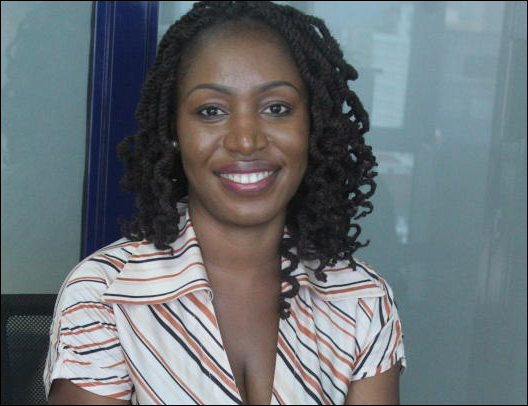
When her son was diagnosed with autism, Lilian Radido refused to believe she would only be stuck with management options and she has decided to explore a lesser-known treatment in India.
I was a thrilled mum when I gave birth to my first child Quinton after 40 weeks of pregnancy. It was an induced delivery because I didn’t have any labour pains. I only remember being very tired as I approached delivery. I don’t remember noticing anything abnormal in his milestones until I enrolled him at a nearby school when he was about two-and-a-half years old. Being an only child and also in a neighbourhood where there were no children his age, I felt the need to get him to mingle with other children at the school.